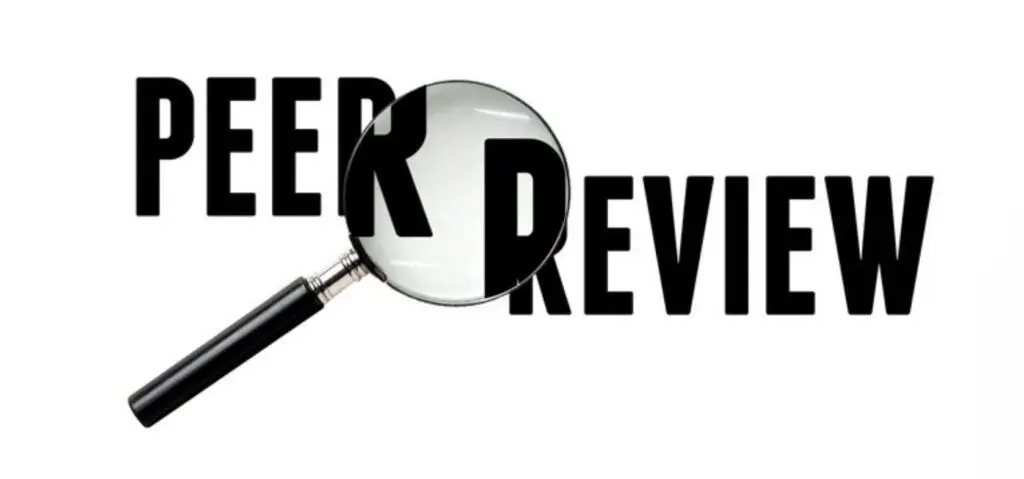The Weekly Reflektion 10/2023
Peer reviews are used in the academic world to verify the quality of research and the validity of any conclusions arising from that research. The academic work and ideas are subject to scrutiny of others that are experts in the same field (peers). Peer reviews are also a useful tool for stimulating experience transfer and learning which are essential to continual improvement.

Do you use peer reviews as part of your learning process?
A few years ago, I was involved in a project in Norway for reduction in hydrocarbon leaks. One of the main objectives for the project was development of ‘recommended practices’ for work on hydrocarbon systems. We were in contact with UK ‘Step Change for Safety’ that also had an ongoing project for reduction in hydrocarbon leaks. One of the people we talked to was an offshore process technician who was part of a ‘Peer Review’ team. He and three colleagues travelled around the installations on the UK sector and talked to people about their systems for prevention of hydrocarbon leaks. Their intention was to collect experience and develop a ‘best practice’ that could be used across the industry. We asked him about how things were progressing, and he talked enthusiastically about his experience.
I have been a process technician for over 20 years, with the same company. When I started with the peer review, I thought I had a pretty good idea on how to prevent hydrocarbon leaks. Once I had been out on other installation, I found out that I still had a bit to learn. There were processes and practices that we had that were similar to the others, and then there were some new ideas, new methods and new technology that I was not aware of. The more installations I visited the more knowledge and competence I got. The more knowledge and competence I got the more I could contribute to the discussions and the exchange of ideas when I visited new installations. The more I discussed the more I learned and soon people were calling me all the time because they heard I was an expert in hydrocarbon leak reduction. They were interested in my views, and they were willing to share their own experiences. The others in the Peer Review Team had a similar experience and we soon developed some best practices that we believed could make a difference to prevention ofhydrocarbon leaks and the consequent reduction in major accident risk.
One of the fundamental principles that we in Reflekt advocate is ‘Everyone wants to do a good job, and no one wants to get hurt doing their job’. One of the important tasks for the management is giving people what they need to do a good job and help them with the problems that get in the way of doing a good job. Another important task is using the experience and competence of the people in the organisation to achieve the goals and objectives the company has set. Asking people to participate in a peer review process can be a great place to start. Giving people the recognition that their competence and experience is valued and can be used to help others with their problems can inspire them. As Harald Norvik, a former chief executive in the Norwegian oil company Statoil (now Equinor) once said. ‘The most important task for a leader is to inspire the people working for them.’
